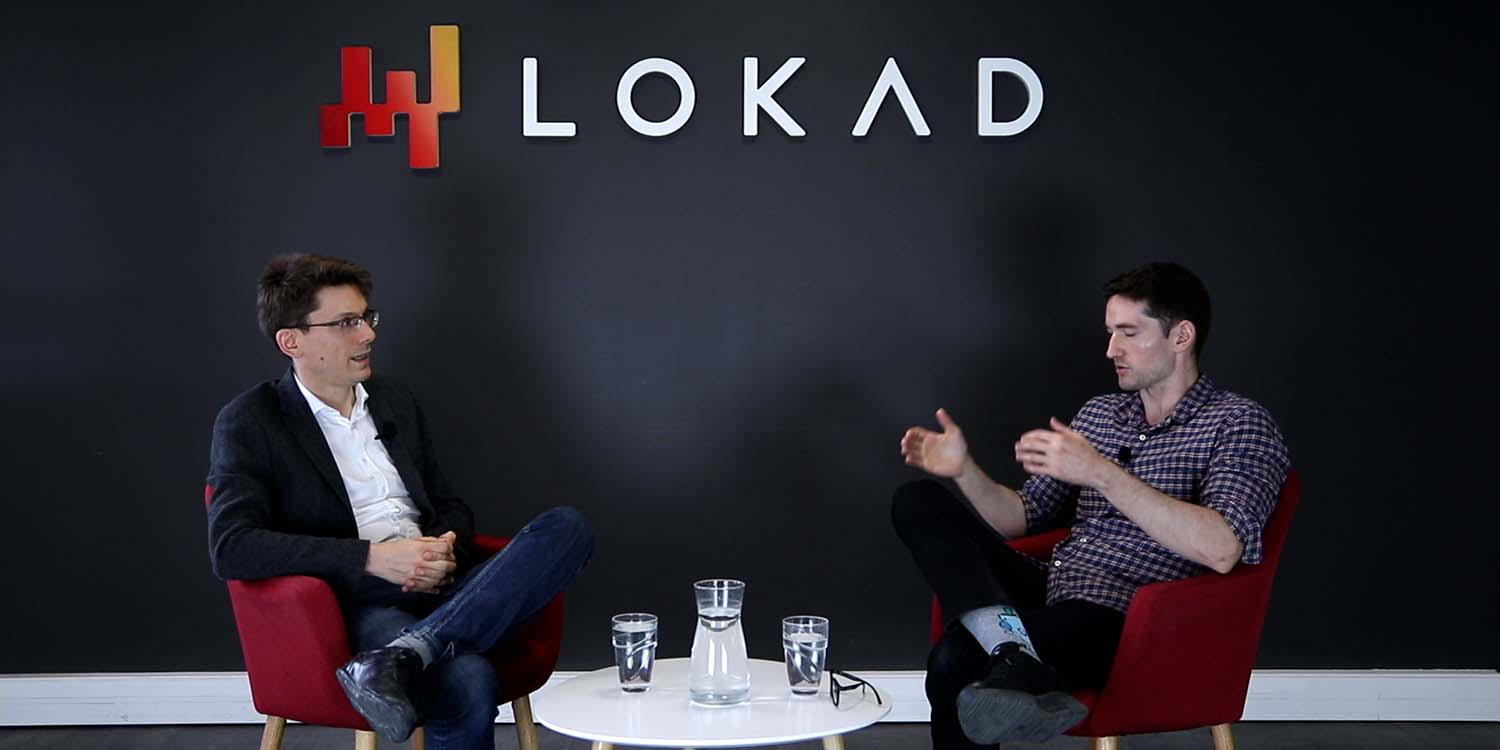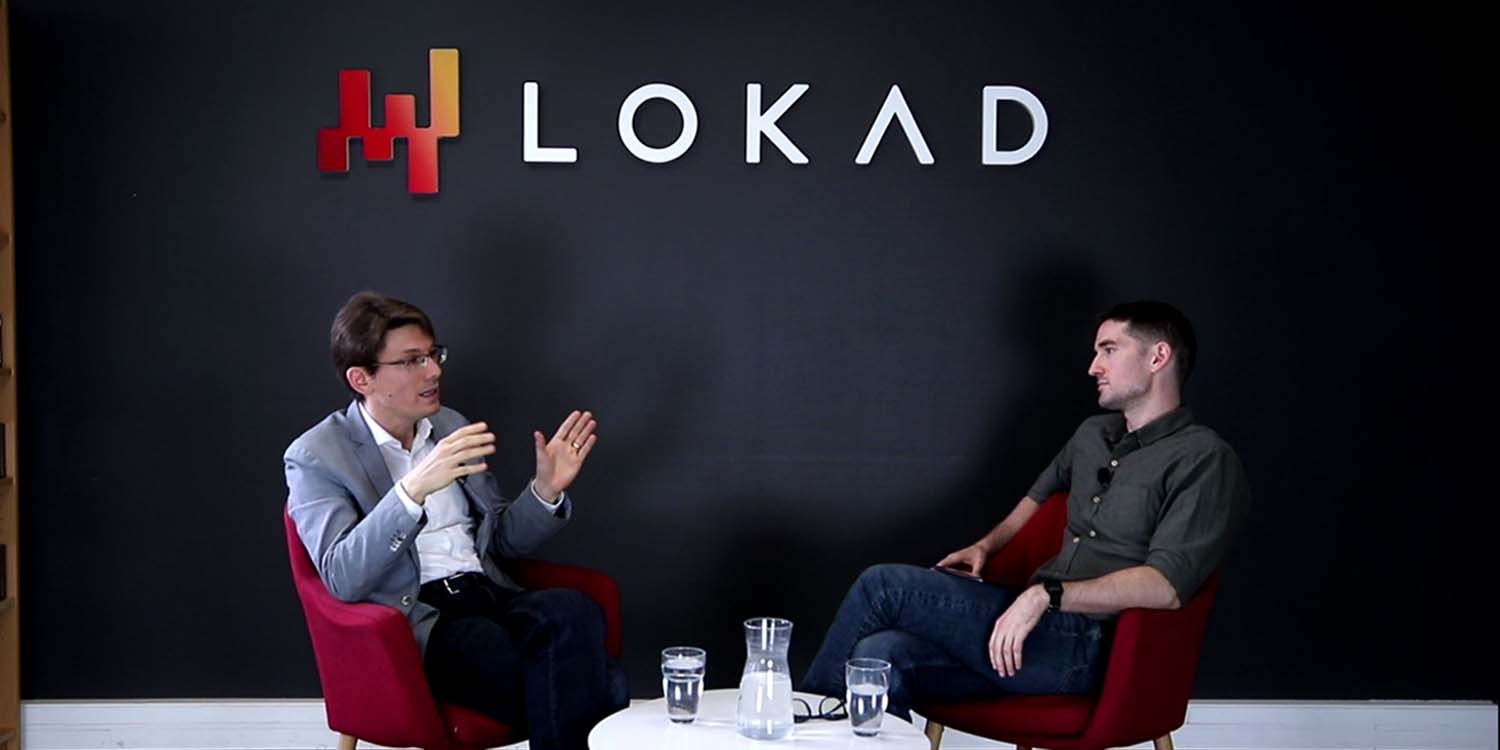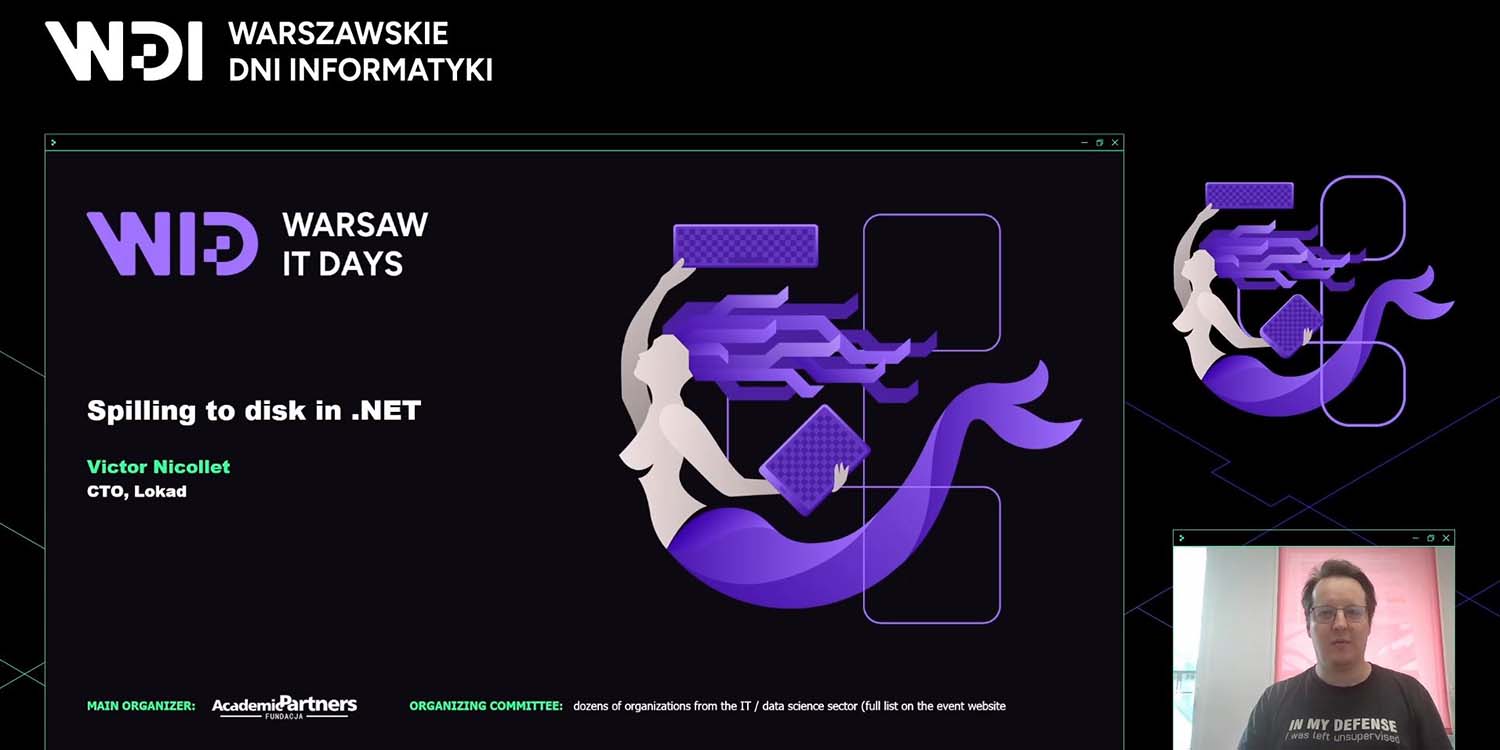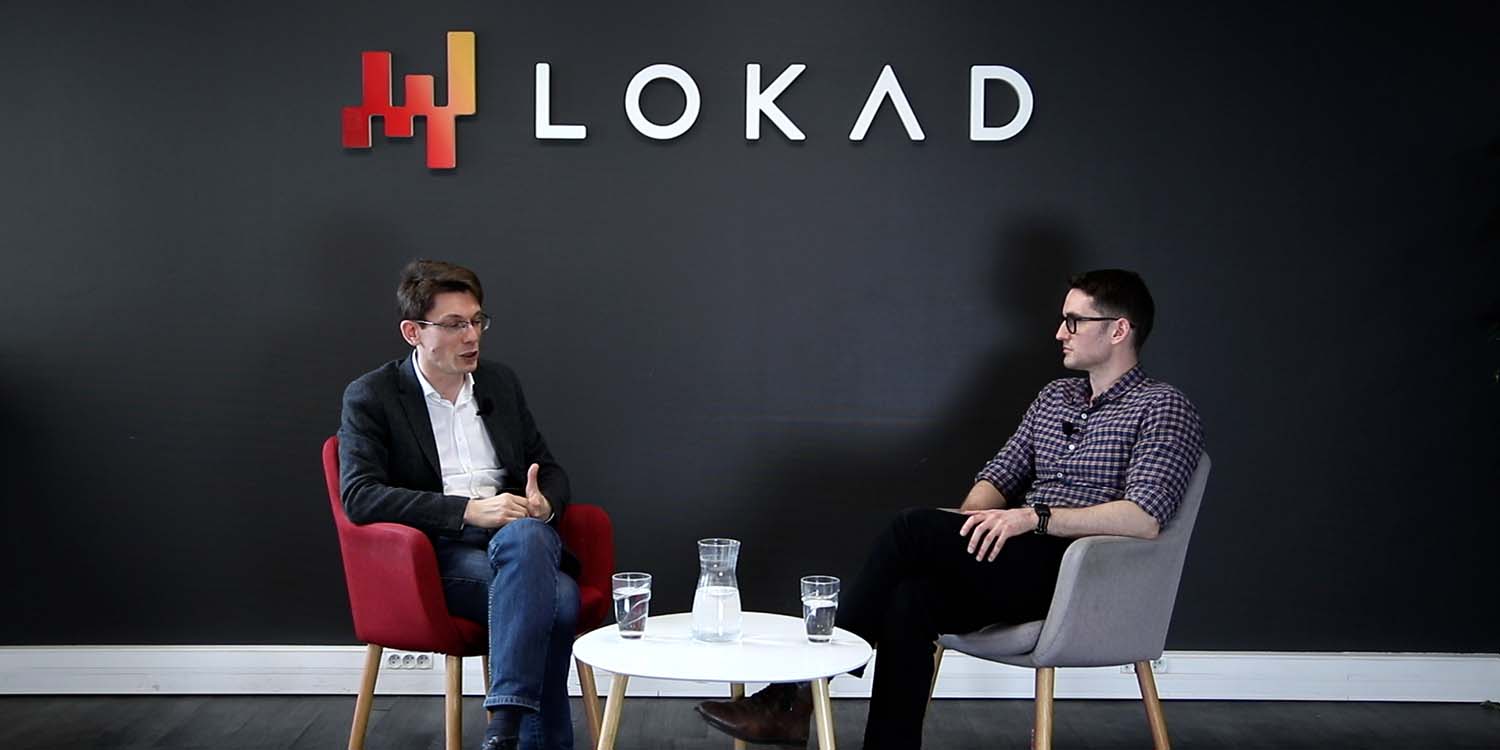Supply Chain science and tech
BACK TO LOKAD TV ›
The Role of Scarcity in Supply Chain
In a dialogue with Conor Doherty, Joannes Vermorel, founder of Lokad, criticizes mainstream supply chain theory for overlooking resource scarcity and alternative uses. Joannes Vermorel argues that traditional theory assumes a known future, eliminating the need for resource allocation decisions. He emphasizes the importance of time in supply chain management, stating that no resource is truly scarce given enough time. Joannes Vermorel also criticizes the mainstream view for ignoring the complexities of allocation decisions and the importance of financial assessments. He suggests that supply chain optimization should involve probabilistic forecasting and stochastic optimization, assessing all possible futures and making decisions based on expected returns.
Risks in Supply Chain Management
Conor Doherty, LokadTV host, and Joannes Vermorel, founder of Lokad, discuss the inherent risks in supply chain management. Vermorel emphasizes that the primary risk is the uncertainty of the future, which is irreducible and beyond control. He notes that every decision involves a trade-off between risk and reward, and that zero risk is unattainable. Vermorel also highlights the opportunities that can arise from these risks, such as capitalizing on market shortages. He advocates an agile and opportunistic mindset, and the use of probabilistic forecasting to mitigate risk. Vermorel and Doherty conclude by agreeing that even small companies can benefit from risk management, leading to increased margins and cash flow.
Does forecast accuracy even matter?
Joannes Vermorel, CEO of Lokad, criticizes the traditional understanding of forecast accuracy in supply chain management, arguing that it doesn't reflect the core DNA of a business. He suggests that time series forecasts, which are commonly used, are overly simplistic and do not accurately represent the future for supply chain purposes. Vermorel proposes a different approach, focusing on being quantitatively faithful to the essence of a company. He criticizes the focus on incremental improvements and suggests that companies should look for simpler, better solutions. Vermorel emphasizes the importance of understanding the essence of the problem and producing quantifiable statements that make sense for the business.
Spilling to Disk in .NET
In order to process more data than can fit in memory, programs can spill some of that data to a slower but larger storage, such as NVMe drives. Through a combination of two rather obscure .NET features (memory-mapped files and memory managers), this can be done from C# with little to no performance overhead. This talk given at Warsaw IT Days 2023 dives into the deep details how this works, and discusses how the open source NuGet package Lokad.ScratchSpace hides most of those details from developers.
Virtue Signaling in Supply Chain - Ep 145
In a comprehensive discussion spanning philosophy, law, ethics, and economics, Conor Doherty and Joannes Vermorel, Lokad founder, dissect the role of virtue within corporations and supply chains. Vermorel articulates the necessity for corporate values that benefit not only the company but also its employees and society at large, for long-term profitability. He highlights the importance of legal frameworks to balance profit-seeking and societal good. Vermorel explores challenges in long-term growth strategies, talent retention, and the intersection of internal and external values, especially for multinational corporations. He critiques virtue signaling as often disingenuous and unnecessary. Ultimately, Doherty is somewhat skeptical about the space for virtue in business, yet Vermorel is more sanguine and posits that corporations can't merely pretend to uphold virtues but must genuinely live up to them.
Analyzing ABC XYZ - Ep 144
Conor Doherty and Joannes Vermorel investigate popular stock analysis tool ABC XYZ Analysis, arguing its oversimplification leads to information loss. Vermorel challenges conventional practices of managing service levels and safety stock separately. Vermorel advocates for technology-aided supply chain management, given the complexity of handling large quantities of products. He criticizes the ABC XYZ analysis for lacking dynamism and not considering customers' perspectives. Vermorel favors a probabilistic approach to supply chain management, which can offer a more nuanced understanding of risks and aid in inventory decision-making.
Generative AI in Supply Chain (ChatGPT and the Perils of Flimflam) - Ep 140
Generative AI – ChatGPT, Stable Diffusion, or similar – has captured mainstream attention in a way few could have predicted. The fruits of this innovation can be found in practically every sector, from supply chain vendors to students at university. Some herald this as the beginning of a new era; one where artificial intelligence will work alongside humans, replacing many of the mundane tasks of modern business, work and study. Others are far more tentative, believing the merits of generative AI are grossly overstated, if not outright fraudulent.
Supply Chain News on news.lokad.com
The world of Supply Chain is exceedingly opaque and there are very few places on internet nowadays where you can learn anything of value about it. While Reddit targets a young category of users and Wikipedia is bound to contain old and somewhat deprecated information, LinkedIn remains one of the only trustworthy source of information in the field, due to the experience of the professionals that are sharing their experiences.
Digital Twins of real-world Supply Chains
Digital twin has become a buzzword in the supply chain industry, and refers to a virtual representation of a physical process. A supply chain’s digital twin is a simulation of that supply chain as a whole. In this episode, we challenge the claims that digital twins are delivering on their promise of conducting accurate simulation and what-if modeling to immediately see the impact of various supply chain decisions.
Crazy Claims of Enterprise Software Vendors
It can be said that the pursuit of truth is often what makes progress truly advance. However, in the world of enterprise software vendors, the truth can often be difficult to come by. Especially when the latest technology does not fit in with the design of your product. As such, for this episode of LokadTV, we discuss some of the craziest claims made by software vendors and see how you can separate fact from fiction.
Beyond Statistical Modeling
Despite many companies currently investing huge amounts of resources into establishing data science capabilities, the hard truth is that the majority of these projects fail to impact upon daily business operations. As such, we look beyond classic statistical modelling and explain why the impact of a proper data science department must run far deeper than just collecting data, manipulating it and getting an output.
Maintainability of Supply Chain Software
When investing in a piece of supply chain software, there is the expectation that it will last a company decades, rather than just a few years. However, with a rapidly changing tech landscape, this becomes a complicated endeavour. For this episode of LokadTV, we discuss this challenge of maintainability and how it can be impacted by good design.











